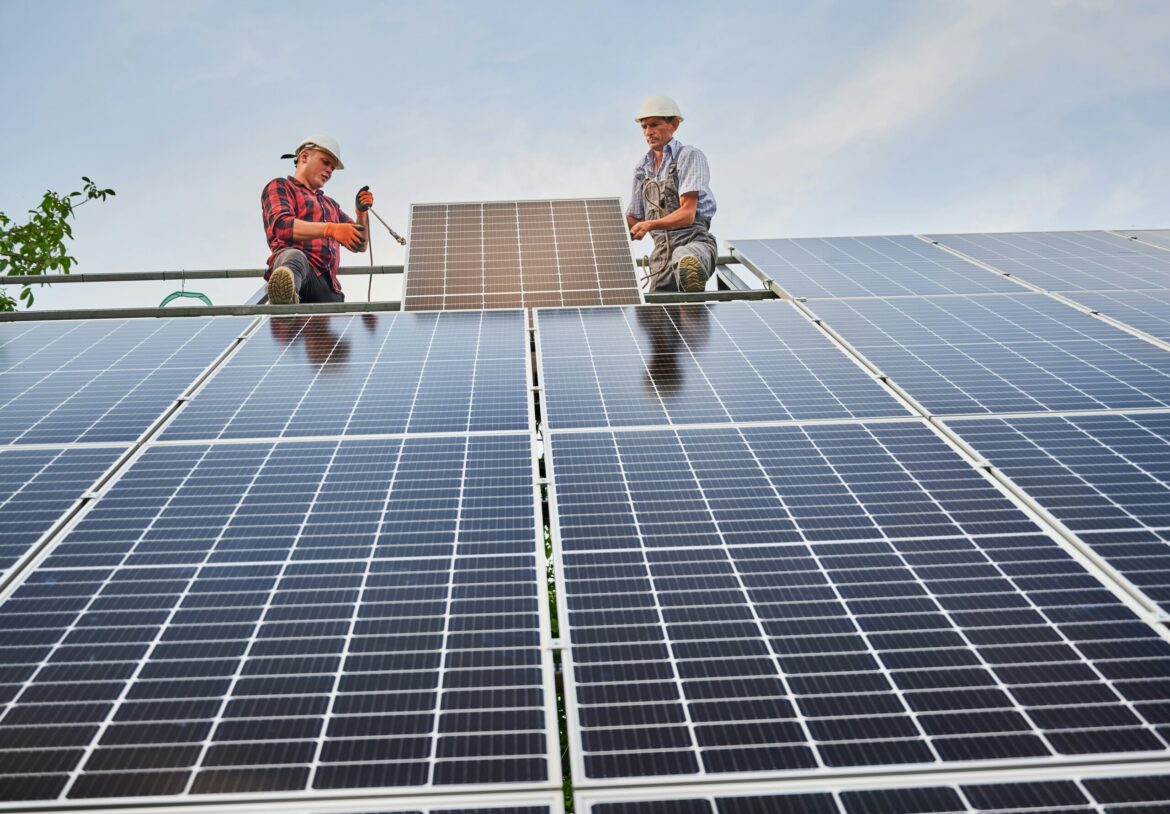On December 5, 2022, Republican senators introduced new legislation aimed at blocking key provisions of President Joe Biden’s Green New Deal policies, which they argue are driving up energy prices and threatening economic stability. The bill, called the “American Energy Independence and Economic Stability Act,” seeks to reverse Biden’s push to phase out fossil fuel use and rapidly transition to renewable energy. The GOP claims that these policies, while aimed at addressing climate change, are doing so at the expense of American families who are already struggling with rising energy costs.
Senator John Barrasso (R-WY), the ranking member of the Senate Energy and Natural Resources Committee, led the charge in introducing the bill, emphasizing that the U.S. must balance environmental goals with the need to keep energy affordable and reliable. Barrasso, along with several key Republican lawmakers including Senator Lisa Murkowski (R-AK) and Senator Ted Cruz (R-TX), stated that the Biden administration’s strict regulations on the oil and gas industries have already caused significant damage to the economy, including higher gas prices and energy insecurity.
“We cannot afford to destroy American jobs and energy independence with policies that are too extreme and not based on the realities of today’s energy needs,” Barrasso said in a statement. “The Green New Deal is a job killer, an economy killer, and a family budget killer. We need policies that prioritize energy security, not political agendas.”
The bill specifically targets Biden’s efforts to impose stricter emissions standards on power plants, ban new oil and gas leasing on federal lands, and heavily subsidize renewable energy sources such as wind and solar. Republicans argue that these measures threaten the reliability of the U.S. energy grid, especially as winter approaches and energy demand rises.
The legislation has received significant backing from conservative energy groups such as the American Petroleum Institute (API), which argues that increasing reliance on renewable energy while simultaneously reducing the country’s access to fossil fuels will only result in higher prices for consumers and less energy security.
“Energy policy needs to ensure that Americans have access to affordable energy, not drive up costs for hardworking families,” said Mike Sommers, CEO of API.
However, the bill is expected to face strong opposition from Democrats, particularly those who argue that addressing climate change should remain a top priority, regardless of short-term economic impacts. Proponents of the Green New Deal argue that the nation must invest in renewable energy to curb carbon emissions and combat global warming.
The debate over energy policy is set to intensify in the coming months, particularly as the GOP looks to use this issue as a key talking point heading into the 2024 presidential election. With energy prices expected to remain high, Republicans are positioning themselves as defenders of American workers and families, claiming that their plan will protect both the economy and the environment.

